
!Корпоративное право 2023-2024 / 2013-study-analysis_en
.pdf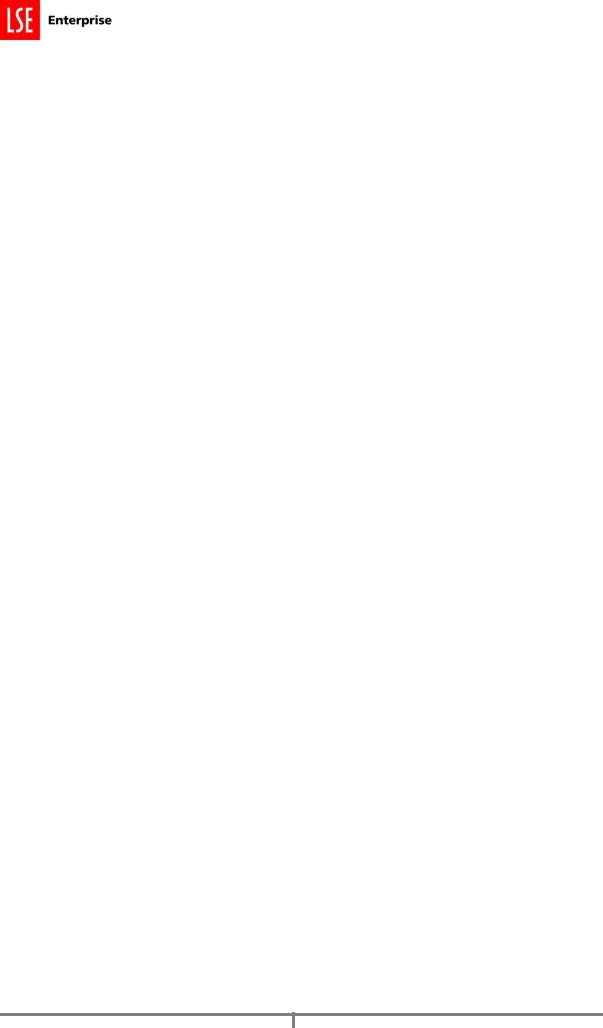
The Netherlands
Hypothetical I
1.Solely based on these given data it is not very likely that the parent company will be successfully held liable. Piercing the corporate veil in The Netherlands can only be effected on the basis of a tort claim (Article 6:162 DCC). Merely the payment of a contingent bonus to the subsidiary directors will not be sufficient ground to hold the parent company liable against those who suffered damage from the use of the defective drug. Please note that in answering this question I have not taken into account the impact of any specific product liability regulation that might be applicable.
2.Again also the possible liability of the directors of the parent company via-à-vis those who suffered damage from the use of the drug must be based on tort. Perhaps if the subsidiary directors were concretely instructed, on pain of being dismissed, by the parent directors to cover up towards the regulating officials, the fact that some tests were not performed, there might be ground for a liability claim.
Hypothetical II
1.There is no specific regulation in Dutch law preventing directors from entering into particularly risky transactions. Moreover, in this case, the risk seems to be rather calculated and it would be difficult in court proceedings, e.g. aimed at personnel liability of the directors towards the company, to blame them for the consequences of the sudden sovereign debt crisis and the worldwide economical crisis following from that. Of course it all depends on the level of predictability of that crisis, for a standard and careful company director that is, at the time the transaction was entered into.
2.Dutch law does not provide for and require a formal change of attitude of company directors, i.e. from shareholder interests to creditors’ interests, in the vicinity of insolvency. Neither does it contain a “wrongful trading” rule similar to that existing in the UK. However, there is case law from the Dutch Supreme Court on the basis of which a company director can be held liable towards a third party (creditor) with whom he entered into a contract on the company’s behalf at a moment that he realized or should have realized that the company would neither be able to fulfill its obligations under that contract nor would there be sufficient assets for the creditor’s recourse. Such acting constitutes an act of tort, making the director personally liable towards the unpaid creditor. This is the so-called “Beklamel-rule”, named after the said Supreme Court decision. This rule is rather often applied in liability cases before the lower courts.
Hypothetical III
1.The Netherlands applies the so-called stakeholder model as the leading concept underlying its company law system. As a consequence, a company director should at all times take due care of the company’s interest defined in a rather broad sense, so including shareholders’, workers’, creditors’ interests and even interests such as the environment, human rights et cetera. By accepting the excessive risks as described in the given case, even after being severely warned, the CEO obviously seems to have violated this duty of care. In terms of
Dutch case law: he is likely to be considered “severely culpable” (in Dutch: ernstig verwijt) in court proceedings. This could make him personally liable not only towards the company, but
also in bankruptcy towards the trustee for the deficit of the estate and even towards individual creditors for their damage. It is difficult to say in general terms when so-called red flags hang
351 Directors’ Duties and Liability in the EU
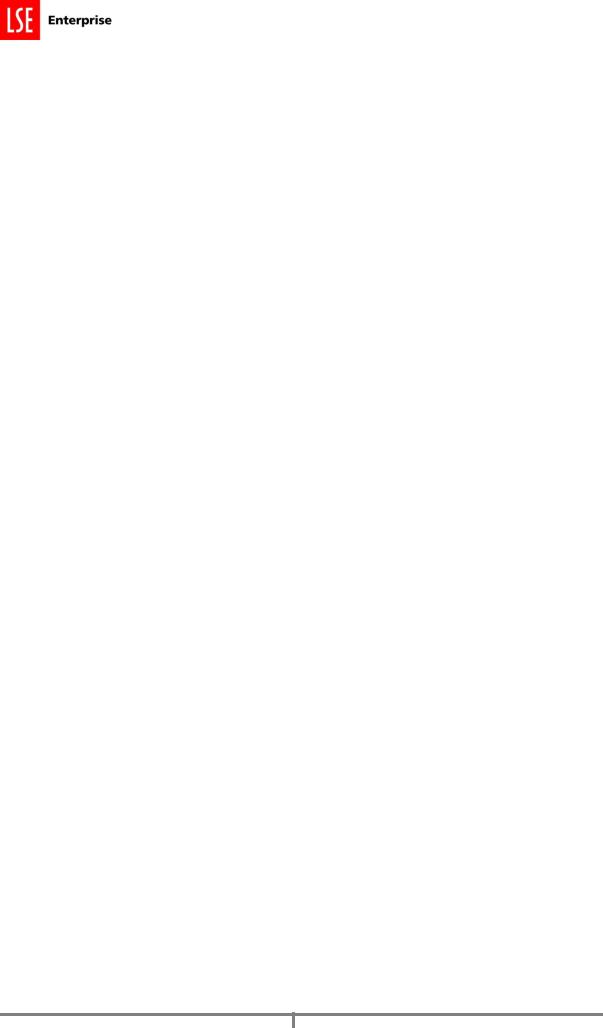
out so obviously that a director crosses the line of legality by continuing such transactions. It all depends on the circumstances of the case at hand.
2.As of 1 January 2013 new legislation on conflicts of interests will become effective in the Netherlands, under which no conflicted director may participate in the relevant sensitive corporate decision-making. However, his participation will not affect the legality of the decision taken by the board, nor of the transaction entered into following the decision. The company is still bound by it, provided that it has been validly represented at the time of the transaction.
Under recent specific legislation the company may, in extreme situations, “claw back” excessive payments made to the former director.
3.Members of the Supervisory Board (or non executive board members) – being a member of the Audit Committee or not - could also be held liable for not being cautious enough while monitoring the CEO’s actions. The same basic norm applies here; they should also take sufficient care when fulfilling their specific supervisory task and the establishment of “severe culpability” could make them liable as well. In case law the specific knowledge and expertise a member of the supervisory board is deemed to have could be a factor determining the outcome in court proceedings. However, no specific legislation applies here. As a rule, board members bear a collective responsibility for the performance of the company. In connection with this principle they may be jointly and severally liable for the company’s failure. At the same time some tasks and responsibilities may be allocated among different board members, so indeed board members are incentivised to monitor each other’s performance and do well to get adequately and timely informed thereof.
4.Only company directors can bring a claim on behalf of the company. In bankruptcy the trustee represents the company to that end. There is no such thing as a derivative action under Dutch company law. However, under the rules of the so-called inquiry proceedings a shareholder – or a group of shareholders acting jointly – with a stake of at least 10% in the company, may request the Enterprise Chamber of the Amsterdam Court of Appeals “(EC”) to appoint an outside expert to investigate the company’s affairs, or a certain aspect thereof during a specific timeframe. If the report of the expert shows malperformance (wanbeleid) on the part of the company – for which the former directors bear special responsibility – the EC may take various measures at the shareholder’s request, such as the dismissal of directors, the amendment of the articles of association and the temporary transfer of shares to an independent trustee. Only recently has the EC ruled that the mere fact that current management refused to hold the former management liable for its actions in itself constituted the suspicion of malperformance of the company. So one may conclude that, despite the fact a specific law on derivative actions currently lacks in The Netherlands, inquiry proceedings more or less fill that gap as they can be used as an alternative instrument to serve the goal of protecting the interests of minority shareholders.
Hypothetical IV
1.Yes, Dutch corporate law requires directors to disclose their direct or indirect interests in transactions with the company, should these constitute a conflict of interests (tegenstrijdig belang). A violation of this rule may, under current law, result in the company not being bound toward the third party under the relevant transaction. However, under the new law effective as of 1 January 2013 there is no longer such external effect. Conflicts of interests are then no longer a matter of representation but of corporate decision making. The transaction remains valid and binding, but the company may hold the conflicted director liable should the company suffer any damage from the said transaction.
2.Yes and yes.
3.Only if the Supervisory Board is also conflicted, the shareholders meeting is authorised to ratify the decision to perform the transaction. In his role as a shareholder the conflicted
352 Directors’ Duties and Liability in the EU
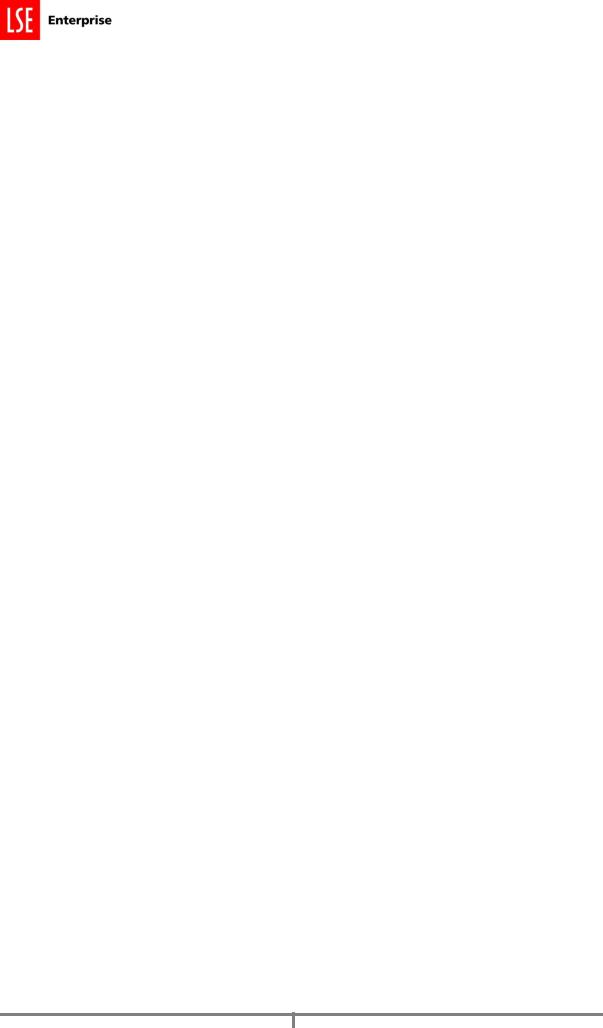
director may vote on the issue in the shareholders meeting. For the protection of the interests of minority shareholders I refer to what I have stated about the workings of Dutch inquiry proceedings mentioned under Question III.4.
4.Again (I fear that you will find me boring), the issue of corporate opportunities under Dutch law is dealt with under the wide normative umbrella of liability actions based on tort. In case law by lower courts it has been recognised that the mere fact that a director competes, through his stake in another company, with the company he is serving as director in itself does not constitute an act of tort and make him liable towards the latter. Additional circumstances must be put forward by the claimant. As to the protection of minority shareholders please again be referred to what I have stated in answering Question III.4 above.
5.Also if a former director exploits corporate opportunities to his own benefit and to the detriment of the company he used to serve as a director, he can be held liable by the latter because of his violation of unwritten duties of care based on tort. There is no dogmatic impediment for such action under Dutch law.
6.Under Dutch law I would say that the director is still conflicted, since pending a decision of Bidder, Rival is contemplating a competing offer, and the director knows it. The fact that Bidder forgoes an offer does not change that situation. Director A may not participate in the decision-making of the board of Bidder.
353 Directors’ Duties and Liability in the EU
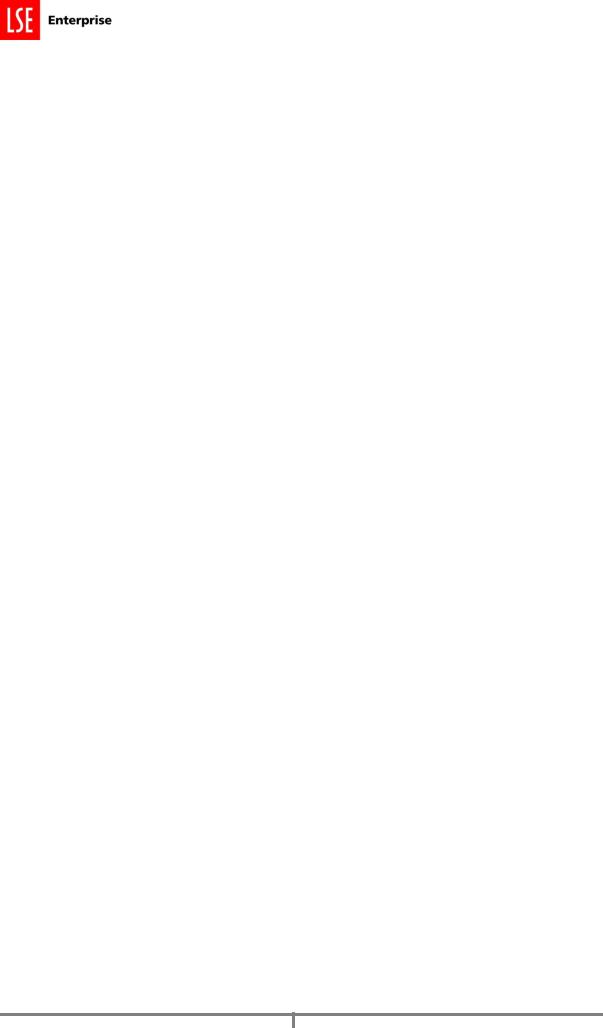
354 Directors’ Duties and Liability in the EU
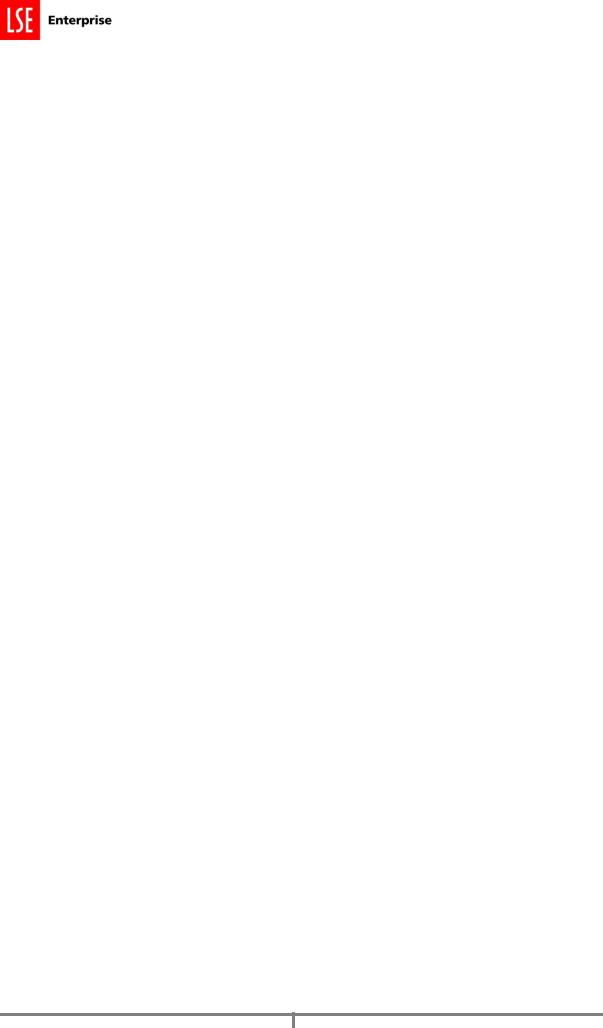
Portugal
Hypothetical I: Liability of the parent and directors of the parent for breaches of duty at the level of the subsidiary
A pharmaceutical company is currently developing two new drugs. After assessing the potential liability risks associated with the future products, the directors of the pharmaceutical company decide to incorporate two separate private limited companies, each taking over the development, research and future marketing of one of the two drugs.
The directors of the pharmaceutical company appoint the two project managers as directors of the two subsidiary companies. The two subsidiary companies enter into an agreement allowing them access to the parent company's research facilities. According to the subsidiary's articles of association, all major strategic decisions regarding the research, development and marketing of the drugs are subject to approval by their sole shareholder, the pharmaceutical company. The employees working for the subsidiaries are formally still employed with the parent company, but are posted with the subsidiaries under an agreement entered into by the parent company and the two subsidiaries upon formation of the two companies.
When the directors of the parent company learn about competitors working on similar projects, they try to accelerate the development process of the two drugs. They award substantial bonuses to the subsidiary’s directors, contingent on the drugs receiving regulatory approval within the next 6 months. The original schedule provided for further tests, which would take at least 12 months.
Primarily because of the contingent bonus payment, the directors of the subsidiaries skip some of the planned tests and studies, and cover up this decision in their filings for regulatory approval.
The two drugs gain regulatory approval within the 6 month time span, and are successfully marketed shortly after that.
Two years after the initial marketing, independent studies reveal that one of the drugs causes a rare form of lethal cancer, exposing the relevant subsidiary to enormous product liability claims that far exceed its net assets. The drug developed by the other subsidiary proves to be safe and leads to substantial profits.
Is it possible that the parent company would be liable in circumstances comparable to the stylised facts above?
As a company law matter, the liability of the parent company would depend primarily on the type of inter-corporate linkage between the parent and the subsidiary, that is, on the type of corporate group at stake. In the case of a legal group – that is, the parent company holding a 100% shareholding or entering into a subordination agreement with each subsidiary (articles 488 and 493 of the Portuguese Code of Commercial Companies), the parent would bear unlimited liability for any unpaid debts of the subsidiaries arising from the product liability claim (art. 501 of the same Code). In the case of a pure “de facto group” – where the parent controlled their
355 Directors’ Duties and Liability in the EU
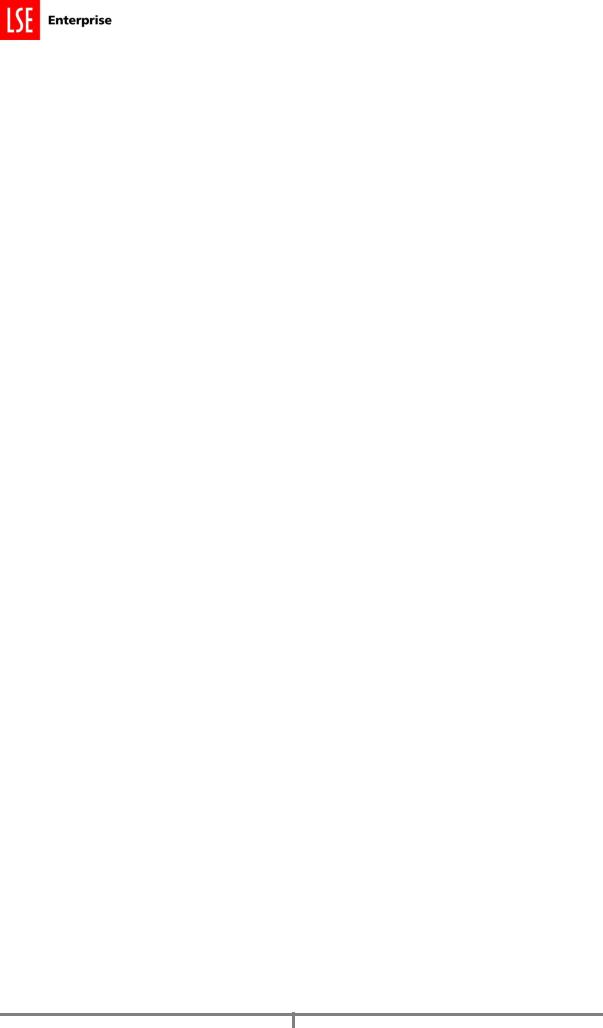
subsidiaries via a majority shareholding or otherwise –, the liability of the parent would be much more difficult to establish, except where the involuntary creditors (affected consumers) prove that the parent caused the subsidiary directors to take the managerial decisions in question (art. 83 of the same Code) or if the court decided to pierce the corporate veil of the subsidiaries in order to impute the liability to the controlling parent.
Under which circumstances would the directors of the parent company face a liability risk in those circumstances?
Again, the answer would depend on the concrete type of group at stake (see above 1). In case of a legal group – where the law imposes on directors of the parent company a general duty of diligent management concerning the group as a whole (art. 504 of the Code) –, the parent’s directors could also be held liable if the affected drug consumers proved that there was a breach of the standards of orderly and diligent group management (e.g., instructions issued to the subsidiary in order to skip planned pharmaceutical safety protocols). In the case of a factual group, an eventual liability of the directors of the parent would be extremely difficult to establish, except in egregious cases of disregard of the corporate entity doctrine (as shadow directors).
Hypothetical II: Duties in the vicinity of insolvency
After making losses for three consecutive years, an oil trading company’s equity ratio (equity divided by total assets) has fallen below [1% - 5% - 10%]. On average, comparable companies in the same line of business have an equity ratio of about 25%.
The company still has substantial assets, but the thin equity cushion makes it hard for the company to pursue its core business, as trading partners demand higher prices to compensate them for the perceived higher risk of the company's operations.
The company's directors evaluate different possibilities to improve the business prospects of the company. They attribute past trading losses to the substantially higher volatility of oil prices following the financial crisis, and maintain the view that the company's business model is sustainable in the long run. After exploring the possibility to raise new equity to recapitalize the business, they conclude that current market conditions would force them to issue new shares at prohibitively low prices, which would lead to a substantial dilution of their current shareholders.
After analysing the market conditions, the directors come to the conclusion that the market price for crude oil is bound to rise significantly over the next year, particularly due to high anticipated demand from emerging market economies. In an attempt to recapitalize the company the directors decide to invest heavily in crude oil futures. They expect that the anticipated increase in oil prices will lead to substantial gains from this transaction, bringing the equity ratio back in lime with the industry average, and thus allowing the company to resume their trading operations at more sustainable conditions.
The directors are aware that a sudden substantial fall in oil prices could potentially wipe out the remaining equity of the firm, but they consider the likelihood of this happening to be very low.
356 Directors’ Duties and Liability in the EU
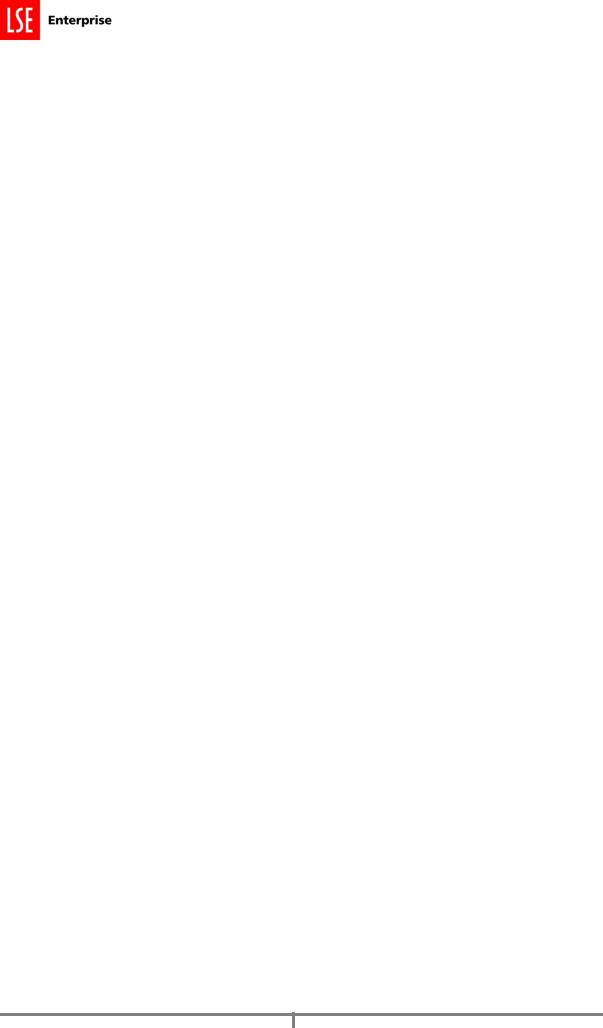
Shortly after entering into the forward sale agreement, worries about a sovereign debt crisis lead to a revision of worldwide economic growth forecasts. The price of crude oil falls more than 10% on a single day, the worst one day performance in many years. As the company cannot fulfil the margin calls on its forward sales contracts, the positions are closed by the counterparty. The closed positions have a negative value exceeding the company’s equity, leading to the company’s over-indebtedness. Trading partners refuse to enter into transactions with the company due to its financial position, and banks close all existing credit lines of the company.
Do fiduciary duties prevent directors from entering into particularly risky transactions?
As a matter of principle, the fiduciary duties of directors only prevent them from entering into business transactions or to take managerial decisions which involve disproportionate or unreasonable financial or economic risks to the company. If the director proves that a concrete business transaction has been taken in an informed way, free of any personal interest and according to the standard of entrepreneurial rationality, he is presumed to have acted in compliance with his fiduciary duties and is thus exempted from any liability (articles 64(1)(a) and 72(2) of the Portuguese Code of Commercial Companies).
At which point in time does the law provide for additional duties of directors or the change of existing duties in situations of financial distress? (i.e. how is ‘vicinity of insolvency’ defined?)
The concept of “vicinity of insolvency” is not expressly acknowledged by the law or the courts, neither is there any specific legal provision directly providing for a shift of directors’ duties in such a case. Nevertheless, if the accounts of the company show that half of the share capital is lost or there are reasonable grounds to believe that such loss might occur, the directors must immediately convene a general shareholders’ meeting (article 35 Portuguese Code of Commercial Companies). Moreover, if the company assets are clearly insufficient to cover the liabilities according to applicable accounting rules, directors have a duty to start insolvency proceedings within 60 days (Code of Insolvency, Article 3(2), 18 and 19).
What is the legal response to above situation? For example, the law may provide that the directors have to take primarily the creditors’ interests into account, rather than those of the shareholders or the company must cease to trade and the directors file for the opening of insolvency proceedings.
The answer is uncertain as it would depend on the way in which national courts would construct and apply the general standard of entrepreneurial rationality in the concrete case, provided for by article 72(2) of the said Code, and there is still no case law or jurisprudence on this particular type of business decision (investment on derivatives). As a matter of principle, I would submit that a decision on massive investments in crude oil futures by the board of directors of an oil trading company would be in line with the director’s fiduciary duties only insofar as the investment had a hedging purpose (i.e., protection against the volatility of the oil prices) and not a speculation purpose (simply gambling on the rise or fall of prices, even when supported by accurate market predictions and justified by the need to recapitalize the company).
357 Directors’ Duties and Liability in the EU
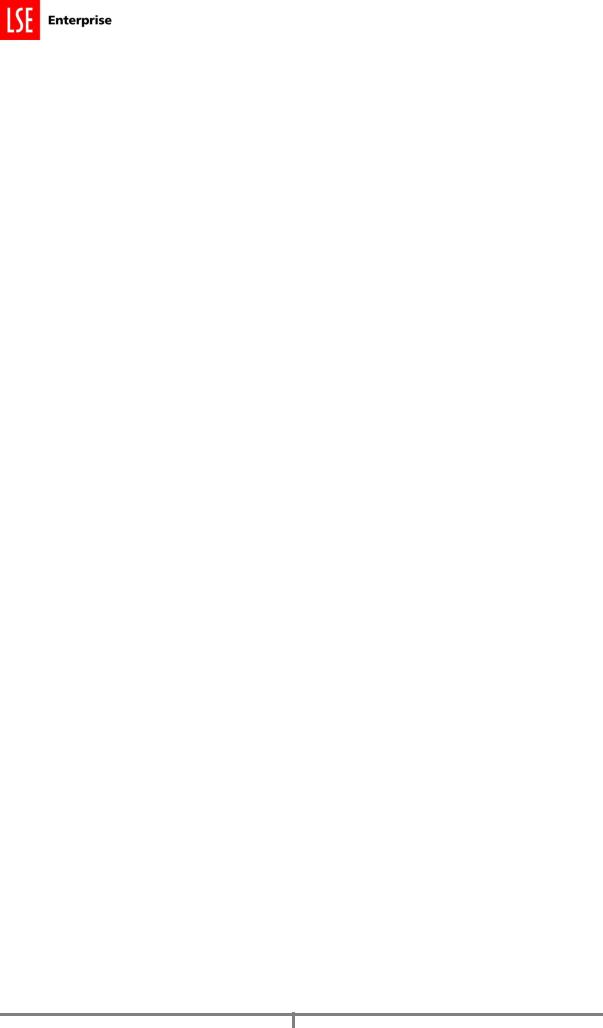
Hypothetical III: Duty of care
A large banking institution is engaged in retail as well as investment banking. In 2000, a new CEO was appointed, who also sits on the board of directors. The CEO made the decision to invest heavily in collateralized debt obligations (CDOs) backed by residential mortgage backed securities, including lower rated securities that pooled subprime mortgages to borrowers with weak credit history. The investments were initially successful, generating high profits for the company. However, beginning in 2005, house prices, particularly in the United States, began to decrease. Defaults and foreclosures increased and the income from residential mortgages fell rapidly.
As early as May 2005, economist Paul Krugman had warned of signs that the US housing market was approaching the final stages of a speculative bubble. Early in 2007, a large US subprime lender filed for bankruptcy protection and a number of investors announced write downs of several billion dollars on their structured finance commitments. In July, 2007, Standard and Poor’s and Moody’s downgraded bonds backed by subprime mortgages. At the end of 2007, two hedge funds that had invested heavily in subprime mortgages declared bankruptcy. In spite of these warning signs, the CEO had continued to invest in CDOs until shortly before the Lehman bankruptcy in September 2008, accumulating a total exposure of more than 20 billion Euro/Pounds/… . The subprime mortgage crisis necessitated massive write downs, leading to an annual loss of eight billion in 2008, which can be attributed in equal measure to the CDO transactions undertaken in 2005-2008.
The CEO resigned in October 2008. As part of the resignation, the CEO entered into an agreement with the company providing that he would receive 50 million Euro/Pounds/… upon his departure, including bonus and stock options, and in addition an office, administrative assistant, car and driver until he would commence full time employment with another employer. In exchange, the CEO signed a non-compete agreement and a release of claims against the company. The agreement with the CEO was approved by all directors (the CEO abstaining from voting), acting on behalf of the company.
After the CEO’s departure and with a new management team in place, it transpires that the old CEO had used a number of ostensibly arms-length transactions with investment firms that were, however, controlled by the CEO’s nominees, to transfer assets at an undervalue to a company owned by the
CEO on the Cayman Islands. When the true nature of these transactions becomes known, the assets are no longer recoverable.
Questions:
Is the CEO liable for annual loss suffered by the company in 2008?
Yes, in principle the CEO would be held liable under Portuguese Law. As mentioned above (Case II, 1), the directors are protected by a business judgment rule only insofar as risky business decisions are in line with the general standard of entrepreneurial rationality (article 72(2) of the Portuguese Code of Commercial Companies). In my opinion, it would certainly be difficult for a director to prove or to justify the rationality of managerial decisions consisting in massive risky investments with collaterals that were consistently regarded as weak or overvalued by the economic and financial community long after 2005. Of course, as also mentioned above (Case II, 3), the answer would ultimately depend on the way in which national courts construct and apply the legal standard of entrepreneurial rationality in the case at hand.
358 Directors’ Duties and Liability in the EU
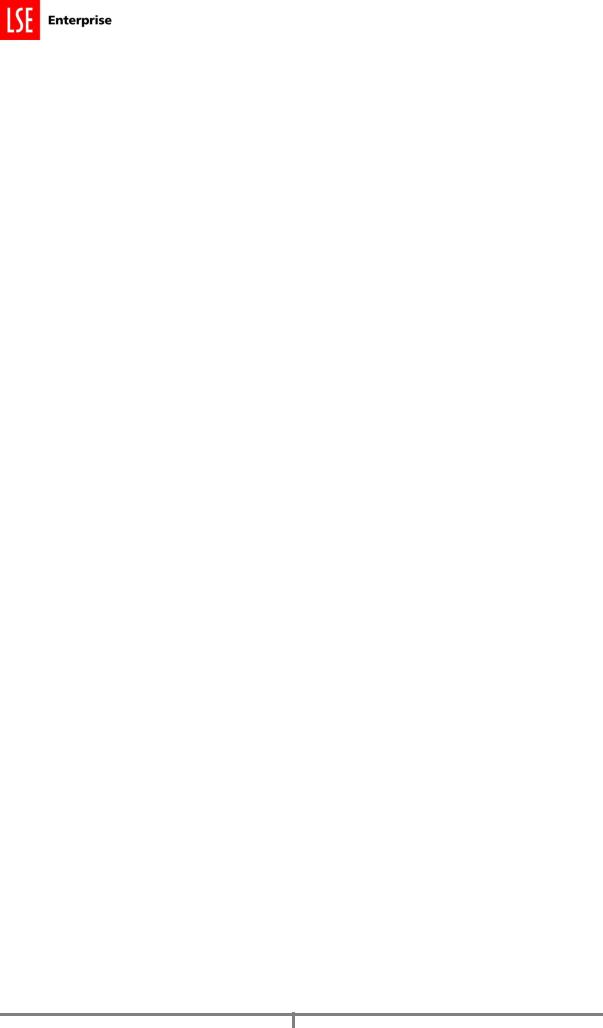
Have the directors (other than the CEO) breached their fiduciary duties by approving the agreement in conjunction with the resignation of the outgoing CEO?
Yes. According to Portuguese Law, the remuneration of the members of the directors (including the CEO and Executive Directors) shall be approved by the general meeting of shareholders or by a special remuneration committee nominated by the shareholders (article 399 of the Code of Commercial Companies). Moreover, it is up to the shareholders to decide on the existence of any pension schemes indemnities (articles 402 of the said Code), and the validity of golden parachute schemes is doubtful. In any case, the board of directors has no legal power on its own to fix the remuneration of its members or to enter into resignation agreements with any of them.
Have the members of the company’s internal audit committee (of which the CEO was not a member) breached their fiduciary duties by not identifying the true nature of the ostensibly armslength transactions and are they, accordingly, liable for the loss suffered by the company as a consequence of the transactions? Have the other directors (except the CEO) breached their duties?
Yes. The members of the Audit Committee are in charge of carefully monitoring the performance of the executive directors in managing the company (Code of Commercial Companies, article 423- F), being subject to a particularly high standard of professional care (article 64(2)). The nonexecutive members would certainly be in breach of their duty of care if they failed to identify the wrongdoing of the CEO due to the lack of appropriate monitoring.
Assuming that the company has a claim against the CEO or another director pursuant to one or more of the above questions, can a minority shareholder enforce the claim?
A derivative action (“ut singuli”) may be brought by minority shareholders owning at least 5% of the share capital (or, in the case of listed companies, 2%), in order to claim damages in favour of the company for the loss suffered (Code of Commercial Companies, article 77(1)). This derivative action is only permissible if the company decided not to bring a corporate liability action against the director (or failed to bring it within 6 months) and if the plaintiffs were shareholders at the time when the derivative action is brought. The plaintiff shareholders shall bear the legal expenses and no reimbursement is owed by the company (Code of Commercial Companies, article 77(2)).
Hypothetical IV: Duty of loyalty
A mining company (‘Bidder’) considers expanding business operations. The board identifies assets held by another company (‘Target’) as a possible acquisition. The following scenarios ask you to consider the liability of a director (‘A’) on the board of Bidder.
Director A is also majority shareholder in Target, holding 60 percent of the outstanding share capital of the company. As majority shareholder of Target, he is interested in an acquisition that is beneficial to Target. He proposes that Bidder purchase the assets for 10 million Euro/Pounds/…, knowing that the value ranges between 7 and 8 million. Director A does not disclose his interest in
359 Directors’ Duties and Liability in the EU
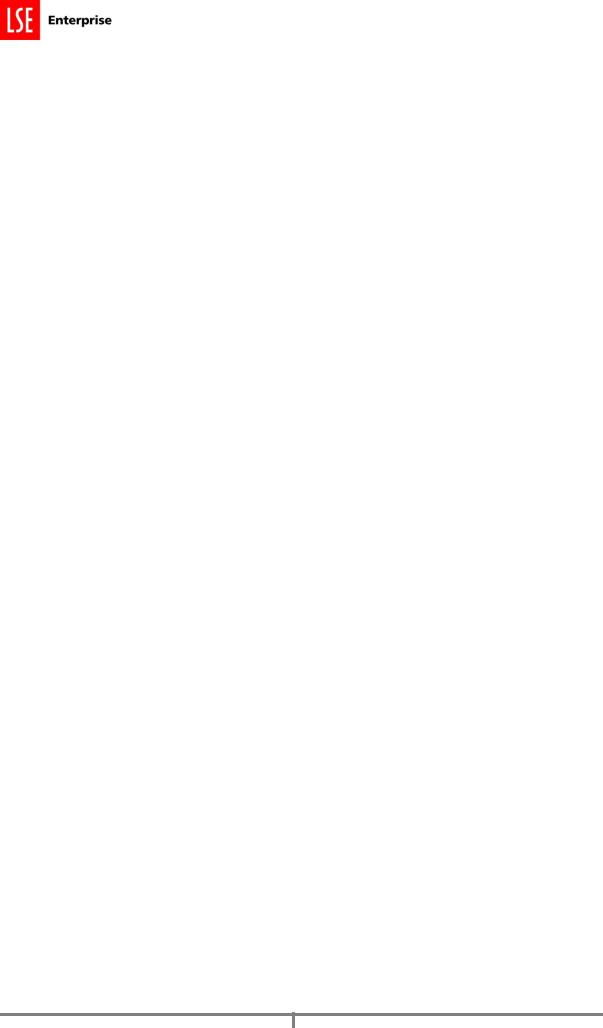
Target to the board of Bidder. A majority of the directors approves the acquisition. A’s vote was not decisive for the positive vote.
According to Portuguese law, directors are bound by a duty of loyalty towards the company, which aims at prohibiting any type of conflict of interest (Code of Commercial Companies, article 64(1)(b)). Therefore, under this general duty, director A would be required to disclose the majority stockholding owned in the Target company to the board of directors of the Bidder. Moreover, directors are obliged to inform the chairman of the board of directors of any situation of conflict of interest and are prohibited from voting in decisions of the board related to matters in which they have, directly or through a third party, a conflict of interest with the company (Code of Commercial Companies, article 410(6)). Therefore, director A was required to inform the chairman of the said conflict and could not vote on such issue. In case of violation of these provisions, the board decision would be voidable (Code of Commercial Companies, article 411 (3)) and the director could incur liability for breach of his fiduciary duties in the general terms.
As in scenario 1, but Director A discloses his interest in Target to the board of Bidder, and a majority of the uninterested directors approves the acquisition.
As mentioned above (see 1), director A would be prevented from voting when the board of the Bidder decides on the conflicted interest transaction (acquisition of assets of Target). However, the board’s approval of the acquisition would be valid if the following conditions were satisfied: a) director A complied with his duty to disclose the conflict of interest to the chairman of the board; b) director A did not vote in the board decision; c) the decision was approved by the required legal or statutory majority of directors.
As in scenario 1, but when the shareholders of Bidder learn of A’s interest in Target, they ratify the transaction, believing that it is in the company’s interests.
The general meeting of shareholders of the Bidder may authorise a related-party transaction insofar as such transaction can be considered as being in the best interests of the company itself, and the disclosure duties regarding such transactions have been complied with in the annual accounts of the company (Code of Commercial Companies, article 66-A (2), IAS 24) and, in the case of listed companies, in the information disclosed to the market (Code of Securities, article 246). If director A was also a shareholder, he/she may not vote in the general meeting resolution on the matter in which he/she has a conflict of interest (Code of Commercial Companies, article 384 (6)). Minority shareholders may dispute the resolution of the general meeting in the courts by proving that the conflicted shareholder/director A voted in violation of the legal prohibition, that his/her vote was decisive for the resolution, and that the resolution was approved to the detriment of the company’s interests or the interests of its minority shareholders (Code of Commercial
Companies, article 58 (1 (b)).
Director A is majority shareholder and managing director in a competitor of bidder (‘Rival’), which is also active in the mining business. The assets held by Target that Bidder seeks to acquire consist in claims near Rival’s own mining territories. Director A is of the opinion that the assets are more valuable for Rival than for Bidder. He therefore arranges for Rival to make a competing and higher offer than Bidder, and Target accordingly decides to sell the assets to the former company.
360 Directors’ Duties and Liability in the EU
